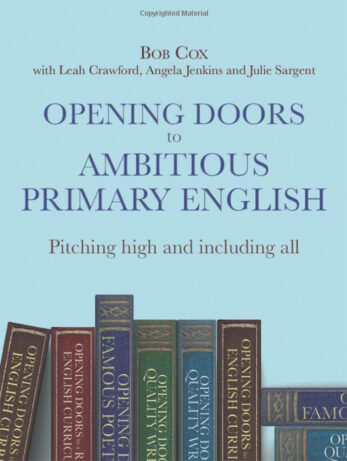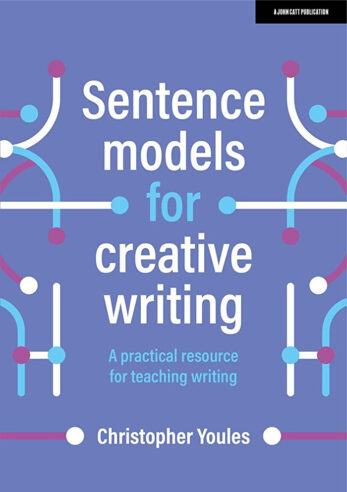Publisher
Routledge
ISBN 10
1032250488
Published
19 Apr 2023
Teaching is hard no matter how long you’ve been doing it. In some ways, it never really gets easier. We perpetually remain perplexed by the mistakes students make, the answers they give, or their ability to consistently misunderstand the content of a lesson, even after well-crafted explanations.
It is also decision-dense. Thirty young minds, all with varying levels of attention, prior knowledge and motivation are responding to a question. You may have streamlined the way you check their understanding, but you can never be fully certain. Essentially, we are teaching in the dark: we will never truly know the minds of our students in any sort of depth. And yet we try.
But cast your mind back to when you started. Remember for a moment how it felt to stand before a struggling set of year 7s or a rambunctious group of Year 3s with a deep dread as you tried to recall something, anything that would help you deal with the situation.
That feeling still lives with me. It doesn’t happen very often anymore, but I do wish there had been resources to help me feel more prepared. Equally, I wish there were resources now to help me understand my progress since, and help me streamline my personal reflection and learning. In lieu of the latter, I’m pleased new teachers at least will be able to draw on Peter Foster’s attempt to fill that gap.
What do new teachers need to know? is pitched as a roadmap to growing in knowledge as a teacher, and in turn to develop expertise. But while you wouldn’t’ expect a principle-led book based on the title, you won’t find a tips-and-tricks compilation of strategies here either; rather, it is squarely focused on providing a cohesive overarching structure to the sorts of knowledge teachers need and what they are made up of.
It’s a far-sighted glimpse through the fog of teacher development
It’s a far-sighted glimpse through the fog of knowledge that surrounds teacher development. The programmes that have taken hold of the discourse of initial teacher training emphasise technique over curriculum and subject learning for new teachers. If not guided well, this can lead them to struggle in the absence of structures. In turn, this can lead to patchy, uncertain growth in important areas rather than the thoughtful development we should want for them.
With this in mind, the six sections of this book outline the scope and sequence of knowledge every teacher needs, among them pedagogical knowledge, subject knowledge and knowledge of students. Each chapter within each section asks a pertinent question each of us ought to have a good answer to. From there, Foster offers a range of actions, reflective tasks and further reading.
I can see this as a useful framework and resource for new teachers, mentors and teacher developers alike. Some of the recent, hotly contested debates around curriculum and use of research are well synthesized and balanced, alongside perceptive comments on the most important things to focus on as a new teacher.
Foster brings a humility and wisdom to the way he writes as he laces the narrative with stories from his own career, such as his interview for an assistant headteacher post, or when his students in the corridor used a 3, 2, 1 countdown with him. He also draws on case studies from other teachers across the ages and phases, and their own reflections.
It would be easy to criticise What do new teachers need to know? for omissions of contemporary issues or of specific situations, theories or policies. But as Foster notes in his conclusion, the point of the book is not to be an exhaustive compendium of content. Rather, it is to identify the key areas of knowledge that will ‘set new teachers down the path where no mentor can’t join them’.
By parting the fog and pointing down the right road to take towards expertise, he has achieved just that. And the result can only be to help more teachers weather those first months and years, at least until they realise some things don’t get easier – and that’s okay.







Your thoughts